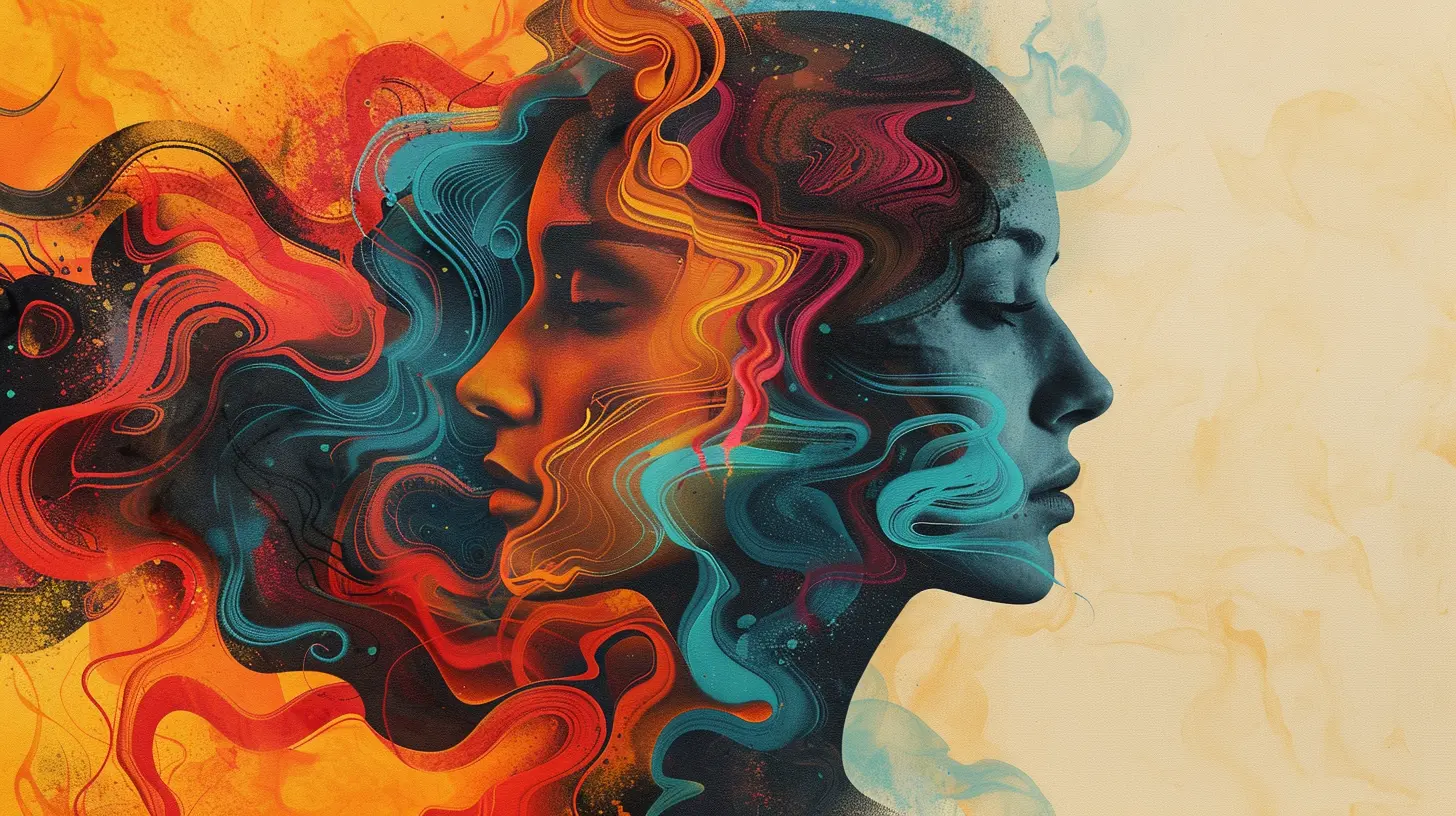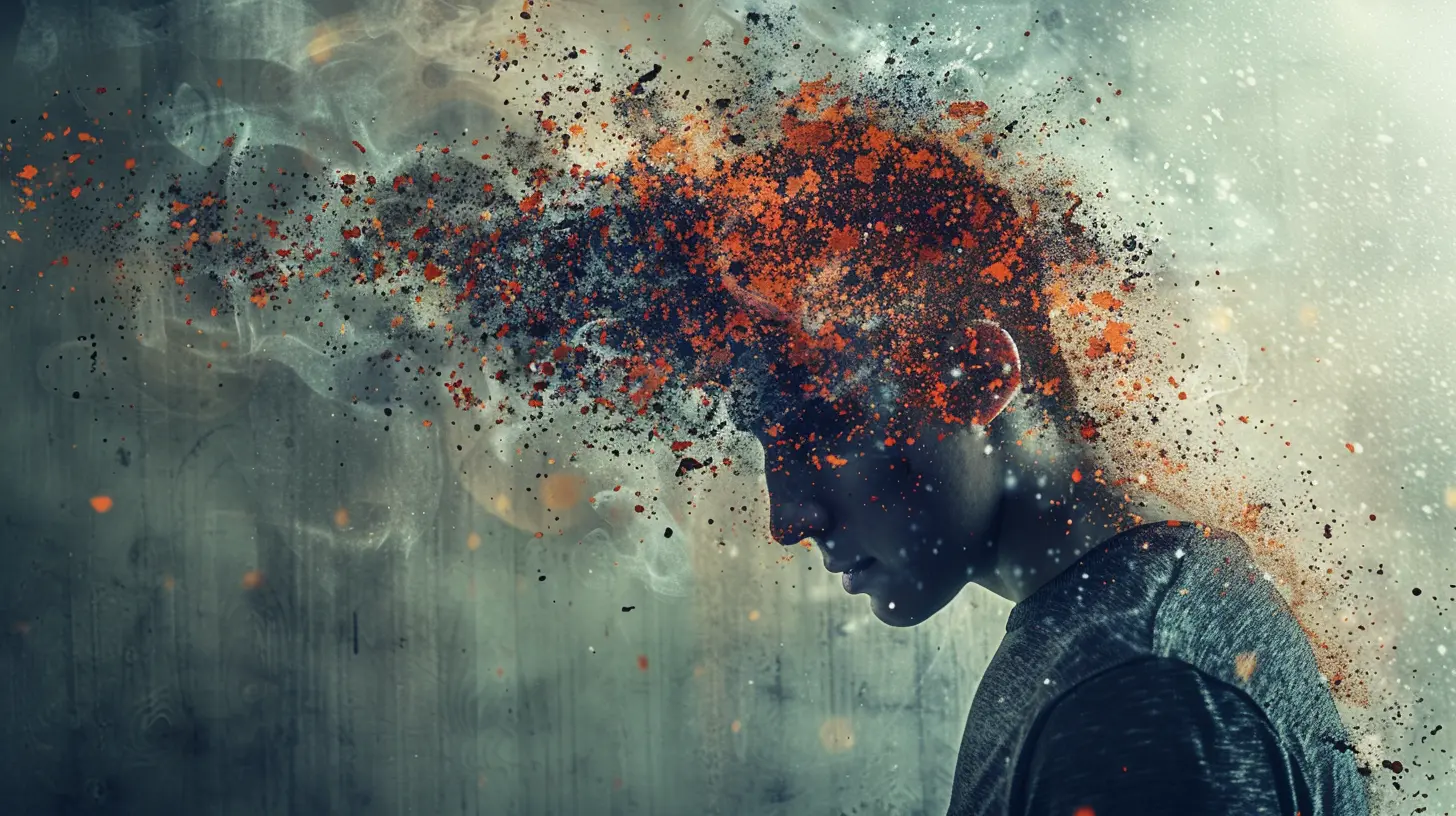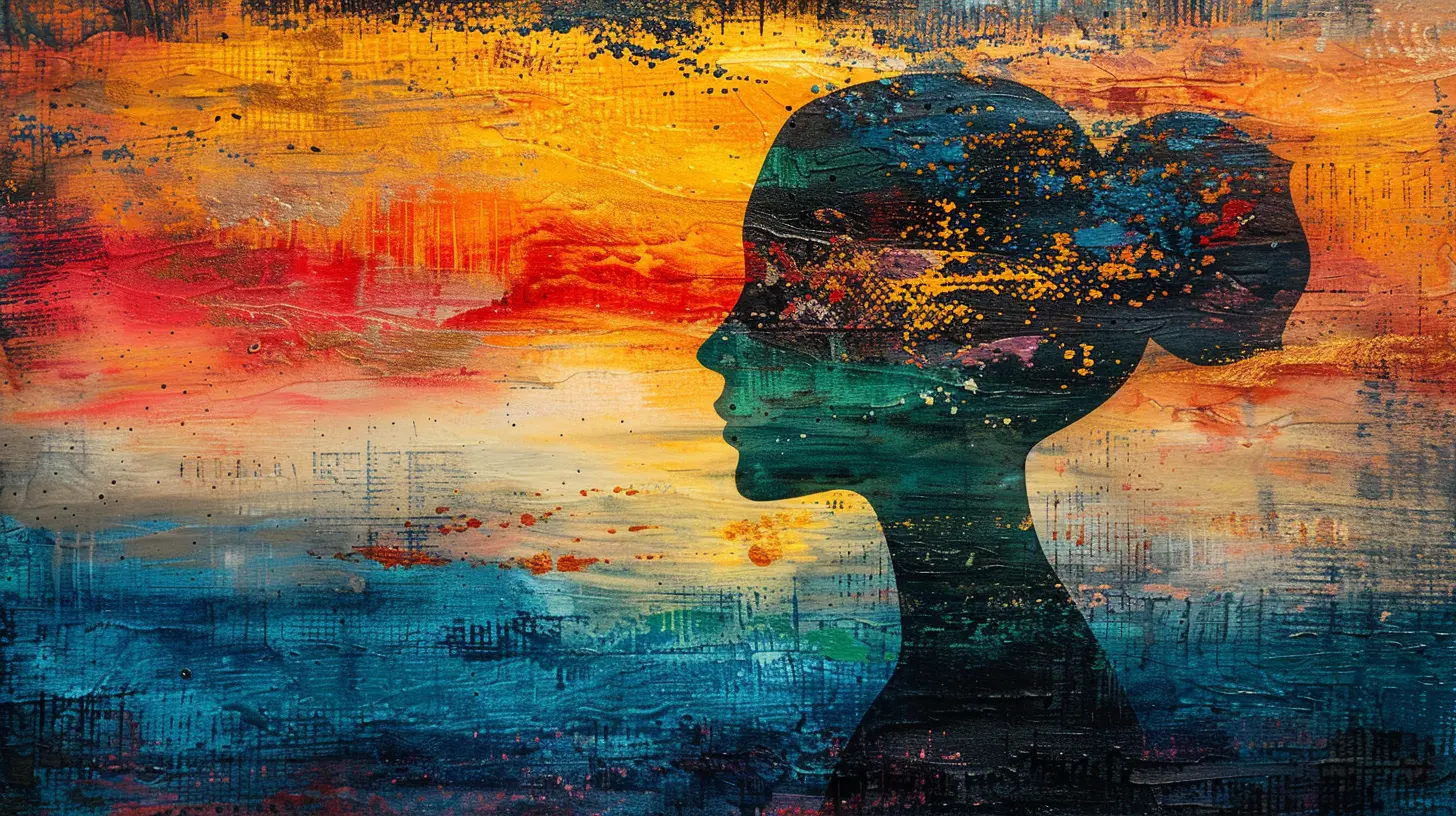How Social Media Impacts Our Mental Well-Being
18 November 2025
Have you ever found yourself mindlessly scrolling through Instagram or Facebook, only to feel a little... off afterward? Maybe you felt a twinge of envy seeing someone on vacation, or perhaps you noticed an underlying sense of anxiety creeping in after reading about another person’s achievements. If so, you're not alone. In today's hyper-connected world, social media is a regular part of our daily lives. But, have you ever wondered how it's affecting your mental well-being?
In this article, we’re going to take a deep dive into the impact social media has on our mental health. From FOMO (Fear of Missing Out) to the dopamine-driven likes and comments, social media is both a blessing and a curse. Let’s unravel how it affects us and what we can do to keep our minds healthy while staying connected.
The Rise of Social Media: A Double-Edged Sword
Social media has become a massive part of most people's lives. Instagram, Facebook, Twitter, TikTok, Snapchat... The list goes on. With just a few taps on your phone, you can connect with friends, family, and even strangers across the globe. It’s incredible, right? But like most things in life, it comes with its pros and cons.Social media can be an amazing platform for communication, self-expression, and education. It allows us to stay connected, share ideas, and even build communities. However, the flip side of this coin is the often-overlooked emotional toll it can take on us. Studies suggest that excessive use of social media can contribute to feelings of loneliness, anxiety, depression, and FOMO.
It’s a double-edged sword — one side offers connection, while the other side may cut into our emotional and mental well-being.
The Science Behind It: Dopamine and Social Media
Why is social media so addictive? You’d think that after feeling drained or anxious after scrolling, we’d stop using it. But here’s the thing: social media platforms are designed to keep us hooked. And they’ve nailed it.When you receive a like, comment, or share, your brain releases dopamine — the "feel-good" chemical. It’s the same neurotransmitter associated with things like eating good food, exercising, or even gambling. This release of dopamine creates a loop of instant gratification. You post something, someone likes it, and boom — you feel validated.
But just like any addiction, the more we chase that dopamine high, the more we need to feel good. This can lead to obsessive behavior, where we’re constantly checking our phones for likes, comments, or even just notifications. It’s like chasing a never-ending high, and when you don’t get it, you feel empty or anxious.
The Comparison Trap: How Social Media Breeds Envy
Let’s be real here: Social media is a highlight reel. Most people only post their best moments — the vacations, the fancy dinners, the perfectly curated selfies. But this can make it easy to fall into the comparison trap. We often compare our day-to-day lives, with all their ups and downs, to someone else’s best moments.Think about it: Have you ever scrolled through your feed and thought, "Wow, they have it all together. Why isn’t my life like that?" It’s a slippery slope, and before you know it, you’re feeling inadequate, anxious, or even depressed.
This is especially true for younger people who are still figuring out their identities. Studies have shown that teens who spend more time on social media are more likely to experience feelings of inadequacy, low self-esteem, and body image issues. And it makes sense. When you’re constantly bombarded with images of people who seem to have perfect lives, it’s hard not to feel a little less-than.
But here's the catch — what you see online is often far from the whole story. Filters, editing apps, and selective posting all play a role in curating a version of reality that doesn’t exist. So while it might seem like everyone else is living their best life, it’s important to remember that social media is just a snapshot of someone's reality — not the entire picture.
The Fear of Missing Out (FOMO): A Modern Epidemic
Ever heard of FOMO, or the "Fear of Missing Out"? It’s that nagging feeling you get when you see your friends hanging out without you, or when you come across an event on social media that you weren’t invited to. FOMO has become a psychological phenomenon that’s almost synonymous with social media use.The funny thing about FOMO is that it can make us feel disconnected, even when we’re more "connected" than ever. You might be sitting at home, scrolling through your feed, and suddenly feel like everyone else is out there having the time of their lives. This can lead to feelings of loneliness, anxiety, and even resentment.
But here’s the kicker: FOMO often has little to do with reality. Just because someone posts about an experience doesn’t mean it was as glamorous or exciting as it seems. And just because you missed out on one event doesn’t mean you’re missing out on life as a whole.
Social Media and Anxiety: The Pressure to Be Perfect
In the age of Instagram and TikTok, there’s an unspoken pressure to present a polished, “perfect” version of ourselves. Whether it’s the perfect body, the perfect relationship, or the perfect job, social media encourages us to present our best selves — even if that version of ourselves isn’t entirely real.This quest for perfection can lead to anxiety. We start to feel like we’re not good enough unless we’re showcasing a picture-perfect life. This pressure is especially intense for influencers or people who rely on social media for their careers. They’re constantly under scrutiny, and the fear of failure or judgment can be overwhelming.
This pressure to be perfect can also lead to something known as "social media anxiety disorder." This is a relatively new term used to describe the anxiety that arises from the constant use of social media. Symptoms can include obsessive checking of notifications, the need for validation through likes and comments, and even panic when a post doesn’t perform as well as expected.
The Impact of Cyberbullying
Unfortunately, social media can also be a breeding ground for negativity and cyberbullying. Unlike traditional bullying, which typically happens in-person, cyberbullying can happen 24/7. It can be relentless — and the worst part? It’s often anonymous, making it harder for victims to confront their bullies.Cyberbullying can have serious consequences on mental health, especially for young people. Victims of cyberbullying are more likely to experience depression, anxiety, and even suicidal thoughts. The anonymity of the internet can embolden people to say things they would never say in person, and the reach of social media means that harmful messages can spread like wildfire.
Social Media and Sleep: The Connection You Didn’t Know About
Ever found yourself lying in bed, scrolling through your phone, even though you know you should be sleeping? You’re not alone. Social media has been shown to have a significant impact on sleep quality — or rather, lack thereof.Studies have found that people who use social media right before bed are more likely to experience poor sleep quality. The blue light emitted from your phone screen can disrupt your body’s natural sleep-wake cycle, making it harder to fall asleep. Not to mention, the emotional impact of what you’re seeing online can lead to a racing mind, making it even more difficult to drift off into a peaceful slumber.
Poor sleep can have a ripple effect on your mental health. Lack of sleep has been linked to mood swings, irritability, and even depression. So, if you’re struggling with your mental well-being, it might be worth considering how your social media habits are affecting your sleep.
Finding Balance: How to Use Social Media Mindfully
So, what can we do to protect our mental well-being while still enjoying the benefits of social media? It’s all about finding balance and using social media mindfully. Here are a few tips to help you stay in control:1. Set Boundaries
Set limits on how much time you spend on social media each day. Many smartphones now have built-in features that allow you to track and limit your screen time.2. Unfollow Accounts That Don’t Serve You
If you find that certain accounts make you feel anxious, envious, or inadequate, don’t hesitate to unfollow or mute them. Your mental health is more important than keeping up with someone else’s highlight reel.3. Take Social Media Breaks
Every now and then, it’s a good idea to take a break from social media. Whether it’s for a day, a week, or even longer, stepping away can help you reset and regain perspective.4. Engage in Real-Life Connections
While social media can help you stay connected, it’s important to nurture real-life relationships too. Make time for face-to-face interactions with friends and family — these connections will always be more meaningful than likes and comments.5. Be Authentic
Instead of striving for perfection, focus on being authentic. Share the highs and the lows, and don’t be afraid to show your true self. You might be surprised by how refreshing it can be.Conclusion
Social media is an incredible tool that connects us to people and ideas from all over the world. But it’s important to recognize its impact on our mental well-being. The dopamine-driven highs, the comparison trap, FOMO, and the pressure to be perfect can all take a toll on our mental health. By using social media mindfully and setting boundaries, we can enjoy its benefits without sacrificing our emotional well-being.Remember, social media is just a tool — it’s up to us how we use it.
all images in this post were generated using AI tools
Category:
Mental HealthAuthor:

Paulina Sanders
Discussion
rate this article
1 comments
Zephyrion Strickland
Scrolling through social media is like sipping on a mental smoothie—sometimes sweet and refreshing, other times a bizarre mix of emotions. Let’s hope we don’t end up with a spinach-flavored anxiety bowl! Cheers to mindful scrolling!" 🌱📱✨
November 26, 2025 at 3:44 PM

Paulina Sanders
Absolutely! Mindful scrolling can help us savor the sweetness while avoiding the bitter blends of anxiety. Cheers to cultivating a healthier online experience! 🌟


